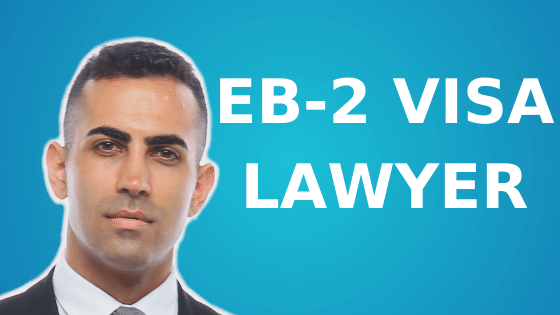Power of attorney is a legal document that allows someone else to handle legal, financial and personal decisions on your behalf. This can be useful when you’re not able to make decisions because of illness, military deployment or imprisonment.
It allows an authorized person to act on behalf of another person. The purpose is to allow someone to take action in the event that the person who appoints them is incapacitated. Find out all about Medical Power of Attorney form in Indiana, when it is necessary and how it can be useful for you.
When is a Medical Power of Attorney Necessary?
A Medical Power of Attorney is also referred to as a Healthcare power attorney and it is used to appoint a person who is credible and can oversee your treatment and well being when you are not in a position to look after yourself or to take decisions regarding the kind of treatment that would be best for you.
A Medical Power of Attorney (MPA) is a legal document that allows someone to act on behalf of a person who is unable to make decisions due to illness or disability.
An MPA gives the designated individual the authority to make health care decisions on behalf of the patient. This may include making financial decisions, signing contracts, and giving consent to medical procedures.
When you sign a medical power of attorney beforehand and appoint a credible person to look after your treatment and other important things, you make an excellent arrangement to avoid disputes in the future and prevent your well being from being compromised by your adversaries or all those people who do not have your best interests in mind at any time.
It is possible to get this type of power of attorney form free in all those legal websites were legal forms and templates are available free of cost for download and customization.
 Law Clues All Rights Reserved
Law Clues All Rights Reserved
Which types of documents are associated with a medical power of attorney?
There are some important documents that you need to attach with your Medical Power of Attorney. Some of these include:
Advance Directives
An advance directive is a written statement that describes what kind of treatment you want or don’t want if you lose the ability to communicate. It should be signed before any life threatening situation occurs.
Living Will
Living wills are instructions that describe your wishes regarding organ donation and euthanasia. They are usually used in conjunction with an advanced directive.
Last will and testament
This document will make a mention of your final wishes regarding what will happen to your assets and belongings once you are not there anymore. You can make a proper mention about who the beneficiaries will be and how your property and assets will be distributed among them.
It is always important to download a Medical Power of Attorney template from a credible website, so that you can be more or less assured that the important sections will be there and proper legal terminologies would be in place for you to benefit from.





